Japan PM to appoint new Foreign and Defence Ministers
Wed 11 Sep 2019, 12:40:19
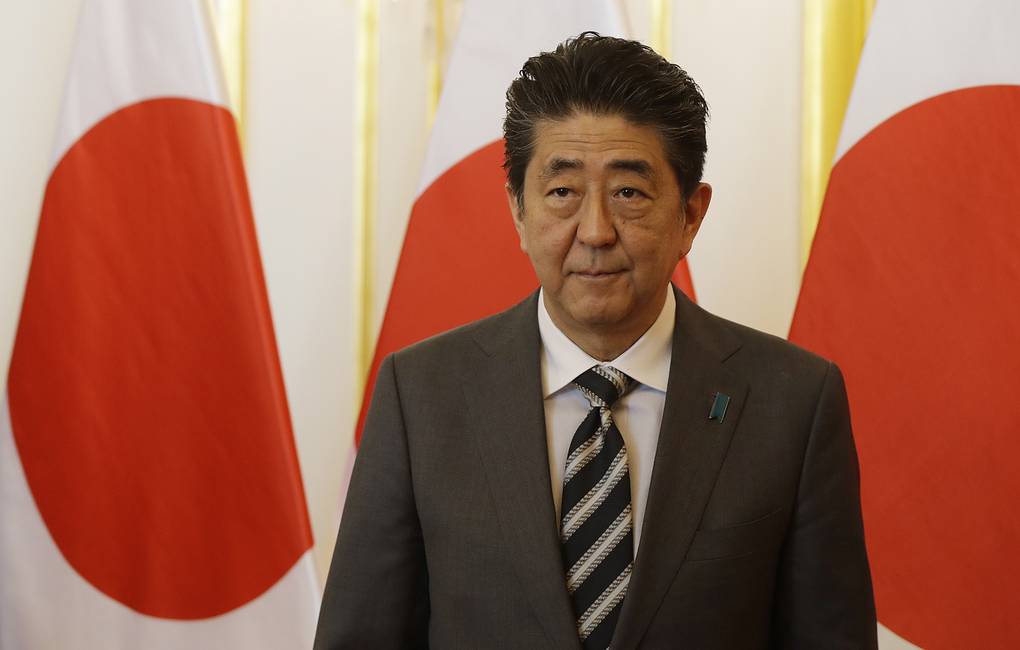
Tokyo: Japan’s Prime Minister Shinzo Abe is expected to appoint new Foreign and Defence Ministers and promote a popular rising political star in a cabinet reshuffle on Wednesday.
The widely reported makeup of the new cabinet will fuel speculation about a successor to Abe, who is expected to step down in 2021 and is on track to become the country’s longest-serving prime minister later this year.
The likely appointment as environment minister of the telegenic Shinjiro Koizumi, the 38-year-old son of former PM Junichiro, has set tongues wagging in Tokyo political classes.
“Abe intends to start an open race to pick the next prime minister or even the one after that,” said SMBC Nikko Securities chief market economist Yoshimasa Maruyama.
A darling of the Japanese media, Koizumi received blanket coverage for his recent marriage to television broadcaster Christel Takigawa, which was announced at the prime minister’s office.
He would be the third-youngest minister appointed to the cabinet in Japan since the end of World War II, in a country when seniority is prized in politics and many other walks of life.
Despite intense media spotlight, he has been coy on expressing his view on the issues of the day and there will be close scrutiny over his policies on nuclear power, particularly on whether he will break with his father’s anti-nuclear stance.
Japan’s new foreign minister is expected to be Toshimitsu Motegi, who reports says is
being promoted as a reward for his work in negotiating a trade deal with the United States.
being promoted as a reward for his work in negotiating a trade deal with the United States.
Outgoing foreign minister Taro Kono will reportedly be shifted to the defence portfolio, in a move seen as reinforcing Tokyo’s hard line towards South Korea at a time of worsening ties between the two neighbours.
Kono, who has amused commentators by interacting with people on social media — even offering relationship advice at times — struck a hard line during the recent spat with Seoul that has infected their trade and security ties.
Motegi, 63, is a Harvard-educated political veteran who worked as a McKinsey consultant before winning a lower house seat in 1993.
Analysts do not expect the shake-up to herald significant changes to Japan’s diplomatic policy, which is managed largely by the prime minister’s office.
But it may put Motegi in the starting blocks in the race to succeed Abe, noted Tobias Harris, an expert on Japanese politics at consultancy Teneo.
Abe is expected to keep on trusted associate Taro Aso as deputy prime minister and finance minister, as well as retaining Yoshihide Suga as the powerful chief cabinet secretary.
Suga has often been mentioned as a likely successor to Abe.
The new cabinet of 19 ministers is expected to include just two women, despite Abe’s much-heralded “womenomics” programme. The current line-up includes only one female minister.
No Comments For This Post, Be first to write a Comment.
Most viewed from International
Most viewed from World
AIMIM News
Latest Urdu News
Most Viewed
May 26, 2020
Is it right to exclude Bangladesh from the T20 World Cup?
Latest Videos View All
Like Us
Home
About Us
Advertise With Us
All Polls
Epaper Archives
Privacy Policy
Contact Us
Download Etemaad App
© 2026 Etemaad Daily News, All Rights Reserved.

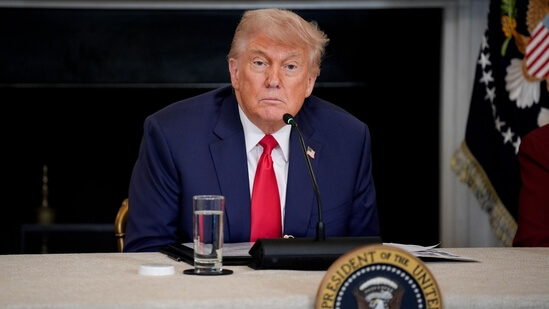




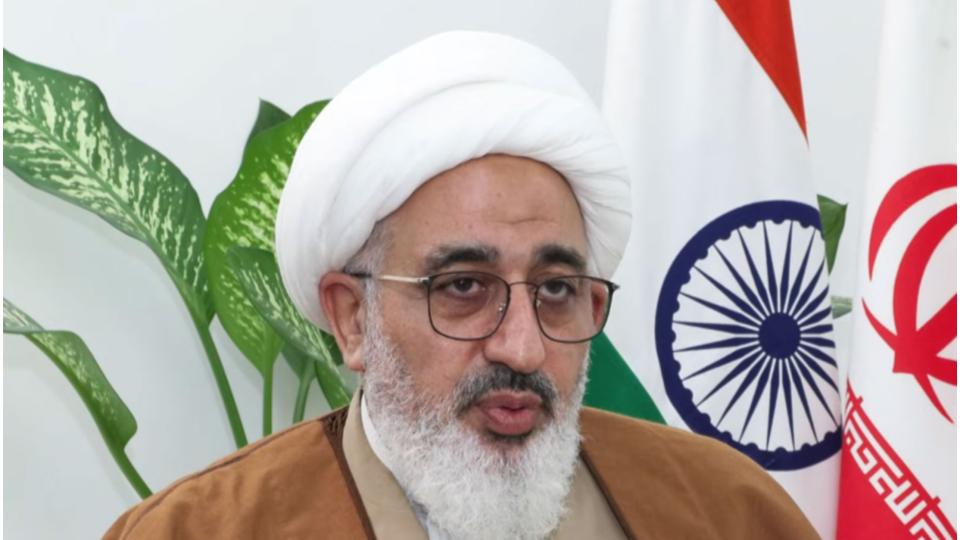
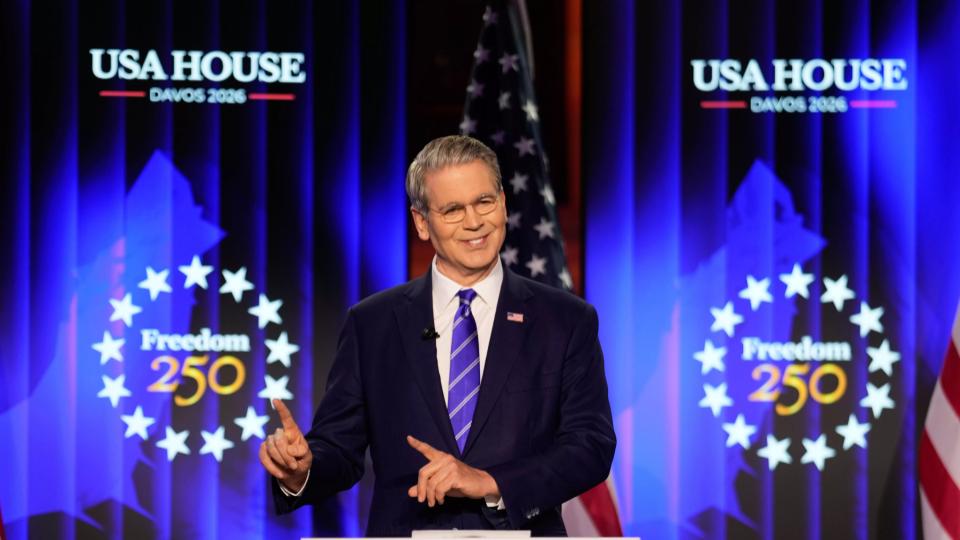


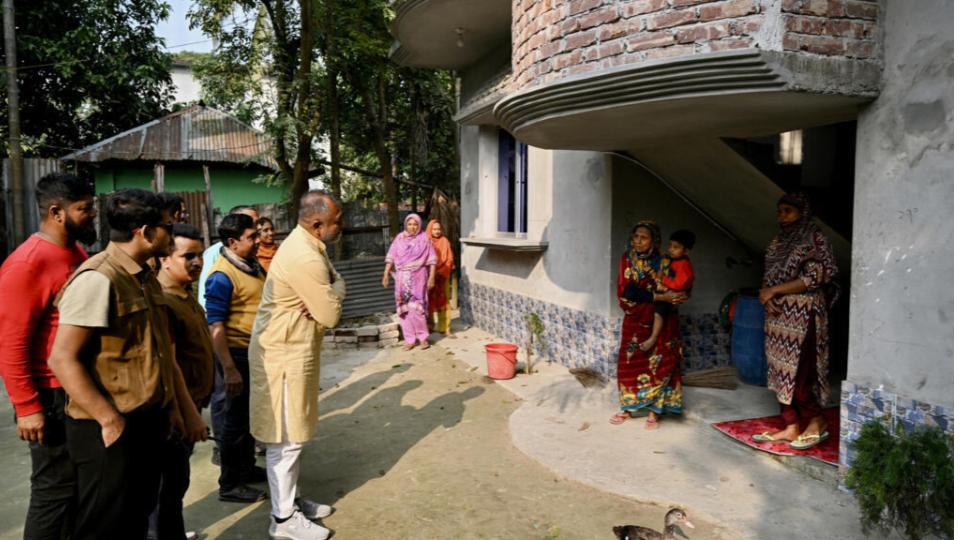
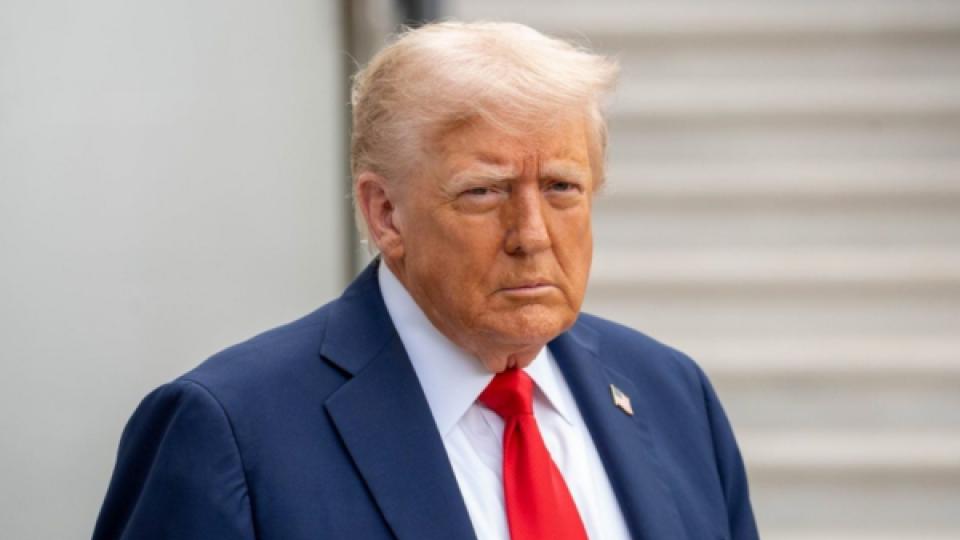




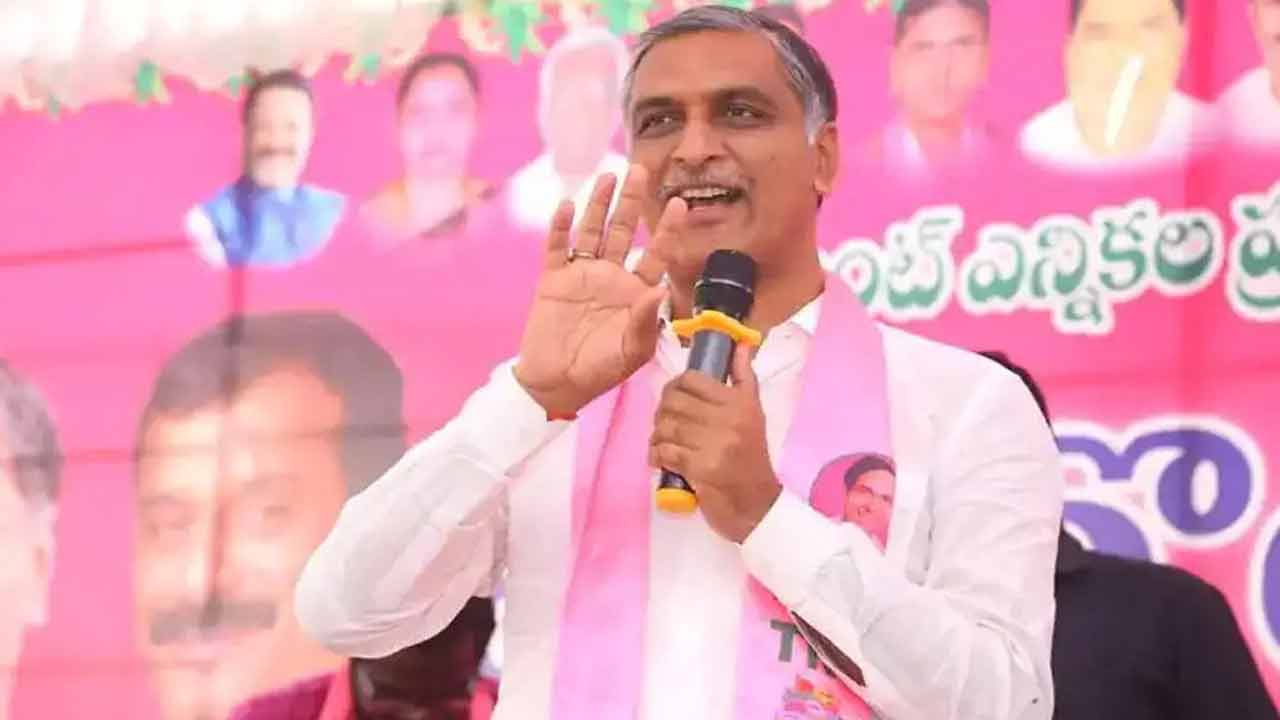




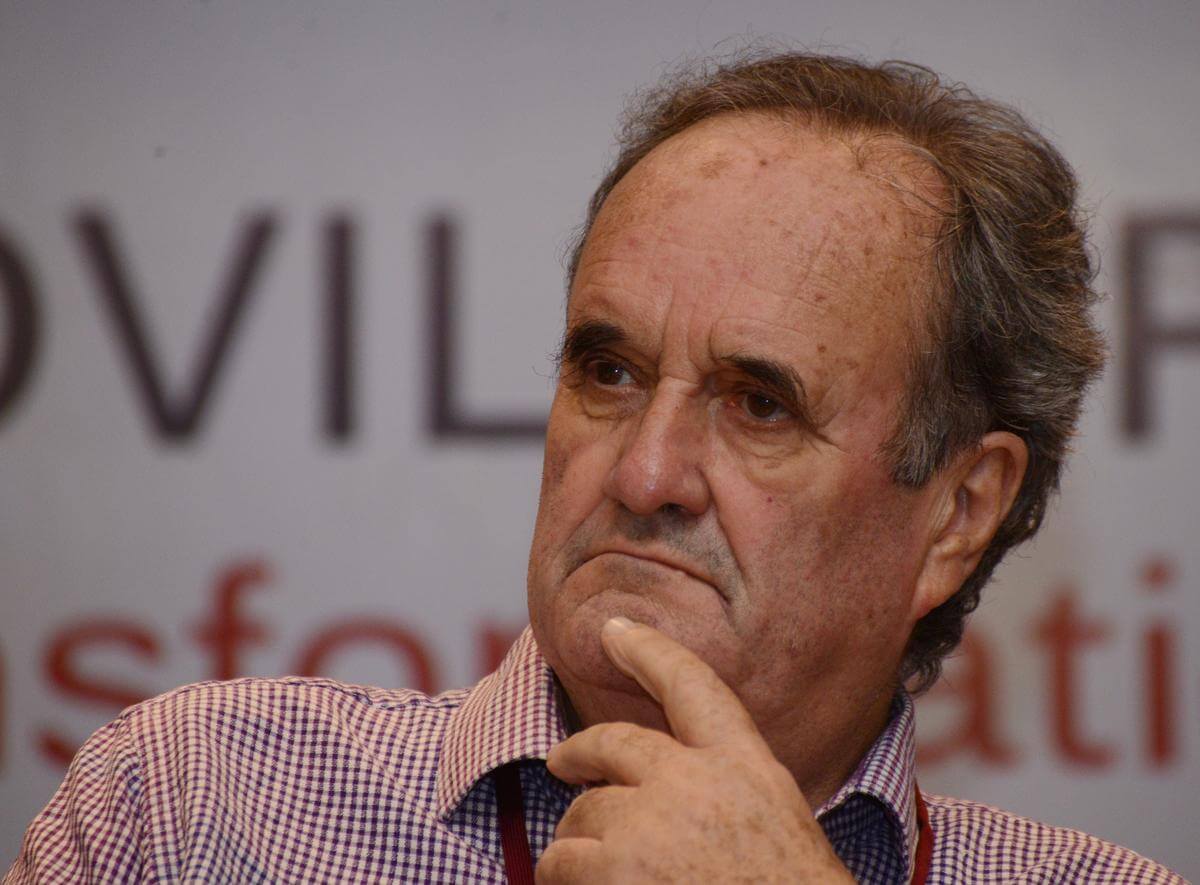

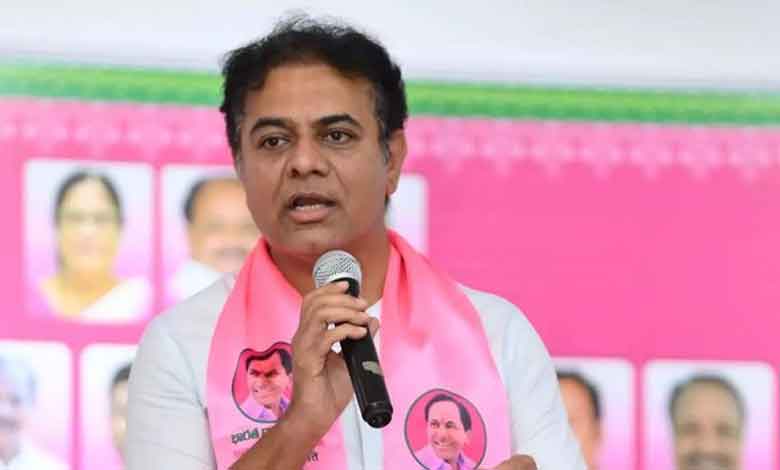
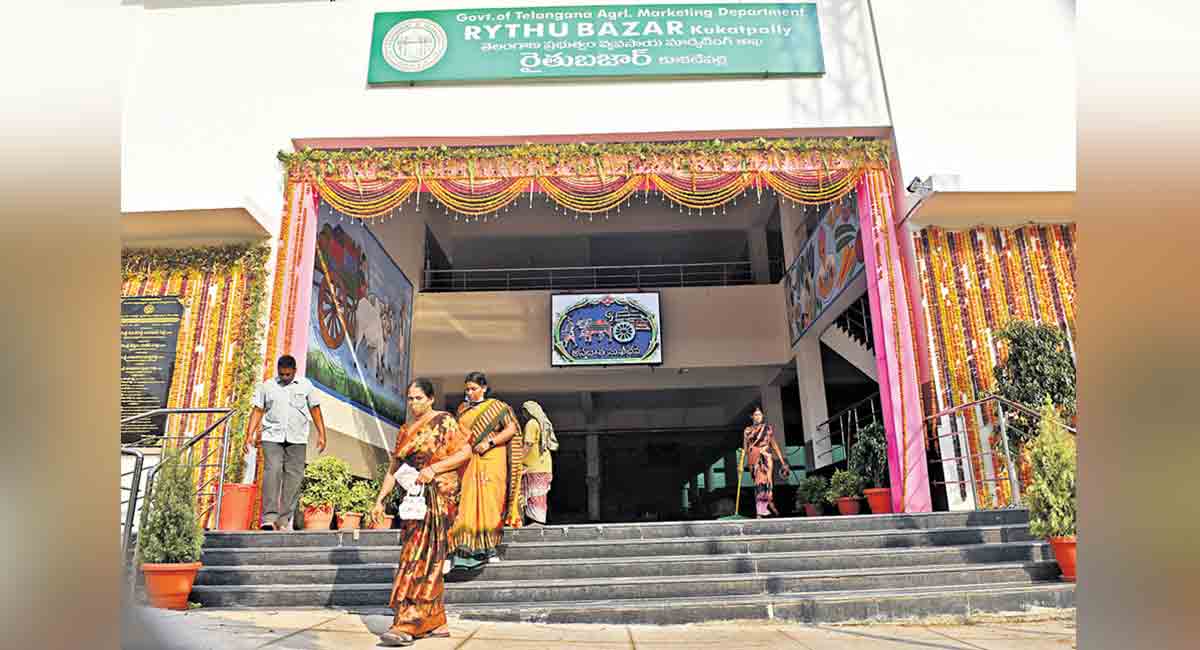












.jpg)
.jpg)
.jpg)


